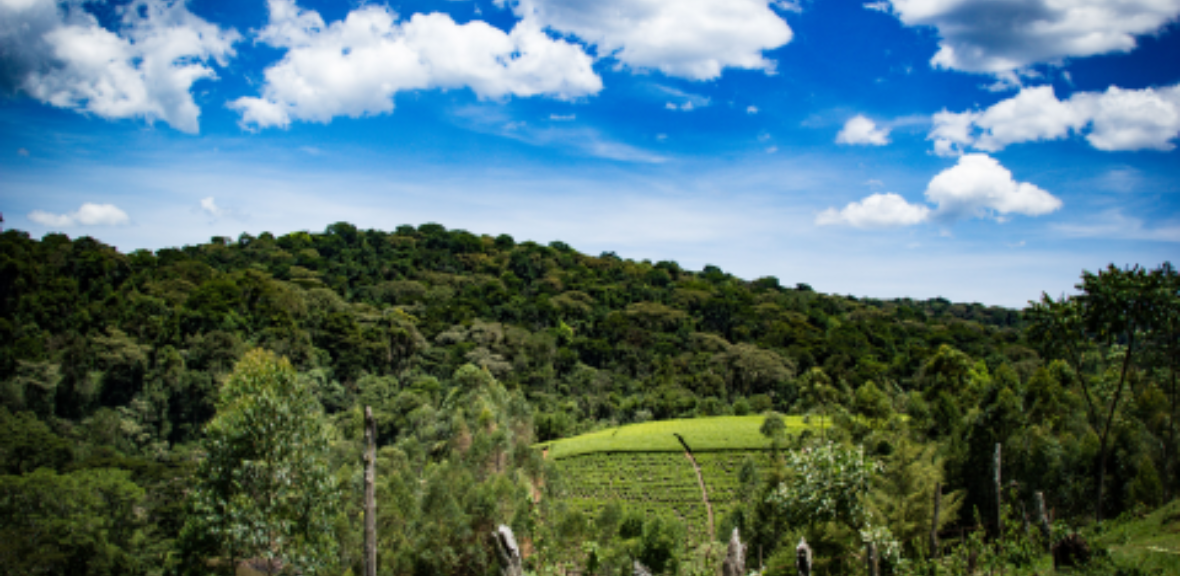
New research will investigate the social and environmental performance of a suite of interventions aimed at reversing trends in forest loss.
The climate change agreement brokered at COP21 in Paris and signed by over 200 nations- attests to the global interests in environmental change.
Translating these political pledges and policies into forest and landscape management that provides environmental and social benefits poses significant challenges. Crucially, the research team will quantify and describe performance across a typology of environment-related interventions – from those that aim to conserve forests via regulation to those that focus on agricultural intensification and will include interventions that combine these objectives.
The research will test the emerging idea that conservation objectives are likely to be met when interventions explicitly recognise the need to link forest protection with efforts to improve farm-based production so that people’s needs are met, alongside a slowdown in deforestation.
The group will measure the impact on agricultural production, forest conservation and carbon, and livelihoods – including (locally defined) human well-being, relational values and welfare.
The research will be pan-tropical and is firmly interdisciplinary - bringing together expertise across the departments of Geography, Plant Sciences and Zoology, using different scales of analysis and a diverse set of methods.
Information on different aspects of the project:
Led by Rachel Carmenta.
Led by Alejandro Guizar Coutiño and Professor David Coomes.


